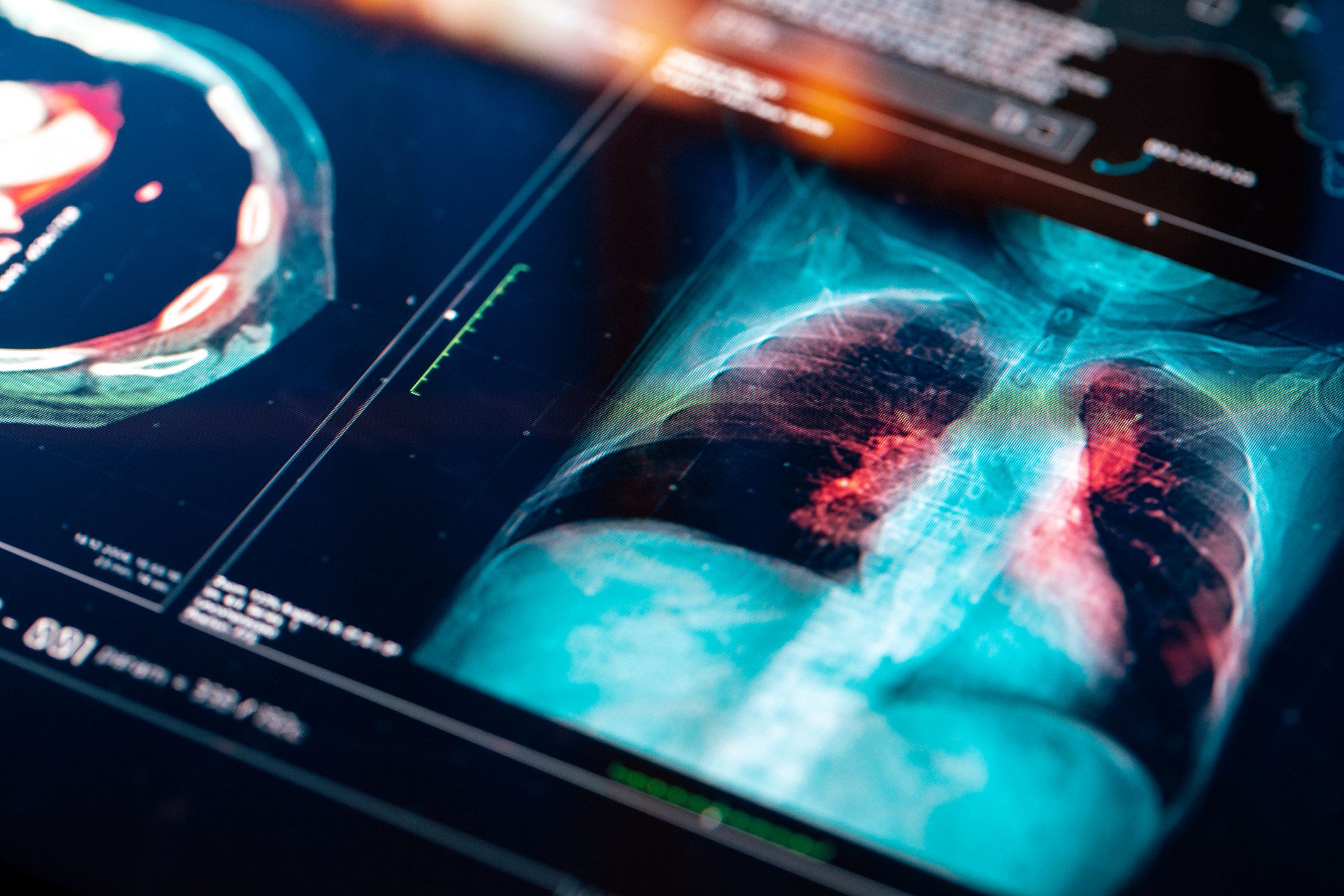Updated on November 13, 2024
Lung cancer is cancer that begins in the lungs and is one of the most common cancers in the United States. Each year, it’s estimated that more than 230,000 people in the U.S. are diagnosed with lung cancer.
Non-small cell lung cancer (NSCLC) is the most common type of lung cancer.
Treatment for lung cancer is individualized, meaning the recommendations vary from person to person, and take into account numerous factors about the cancer and the person with cancer. There are several types of therapy that can be used to treat NSCLC. These include chemotherapy, radiation therapy, surgery, targeted therapy, and immunotherapy.
Immune checkpoint inhibitors
Immunotherapy is a newer category of cancer treatment. While treatments like chemotherapy and targeted therapy attack cancer cells directly, immunotherapy works by helping the body’s immune system identify and destroy cancer cells.
The type of immunotherapy drugs used to treat NSCLC are called immune checkpoint inhibitors. Immune checkpoints are proteins that prevent the immune system from attacking healthy cells. Immune checkpoints are found on the surface of healthy cells. In some cases, they are also found on the surface of NSCLC cells.
As the name implies, immune checkpoint inhibitors block these proteins from working. This enables the immune system to identify and destroy cancer cells.
Immune checkpoint inhibitors may be prescribed alone or in combination with other cancer treatments. The immune checkpoint inhibitors used to treat NSCLC are delivered intravenously (via IV).
Questions for your healthcare provider
Before starting immunotherapy for non-small cell lung cancer, it’s a good idea to discuss any questions or concerns you have about treatment. Being informed can help you feel more confident in your treatment decisions and more likely to adhere to your treatment plan. Here are some questions to consider asking:
- How does immunotherapy work?
- Will it be given along with another kind of cancer therapy, like chemotherapy?
- How often will I receive treatment?
- How long does it take to administer?
- How long will I be on this therapy?
- Where will I receive treatment?
- What side effects can I expect?
- What is the risk of serious side effects, and how will they be monitored?
- How will immunotherapy affect my daily life? Will I be tired? Will I be able to work?
- What can I do to minimize side effects?
- How will we know if the treatment is working?
- How often will my progress be monitored?
- How much will immunotherapy cost?
- What are my options if immunotherapy doesn’t work?
Remember that every cancer and every patient is different. Your healthcare providers are your best source of information about your health and your diagnosis.






